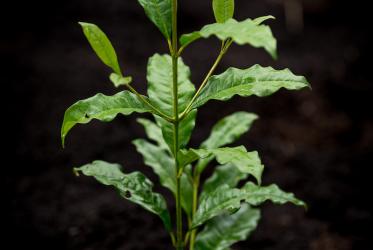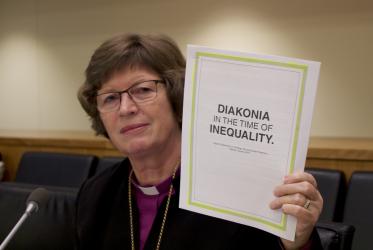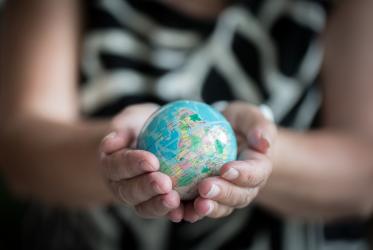Displaying 41 - 60 of 139
11 July 2019
WCC remembers lost colleagues
24 May 2019
Sustainable resourcing for sustainable development
05 February 2019
Pan African Women of Faith issue fervent Call to Action
20 November 2018
Worrying food shortages compel faith action
19 October 2018
Anglican Eco-bishops issue “Urgent Cry for Justice”
02 October 2018
Doing his best without being the best
07 September 2018












